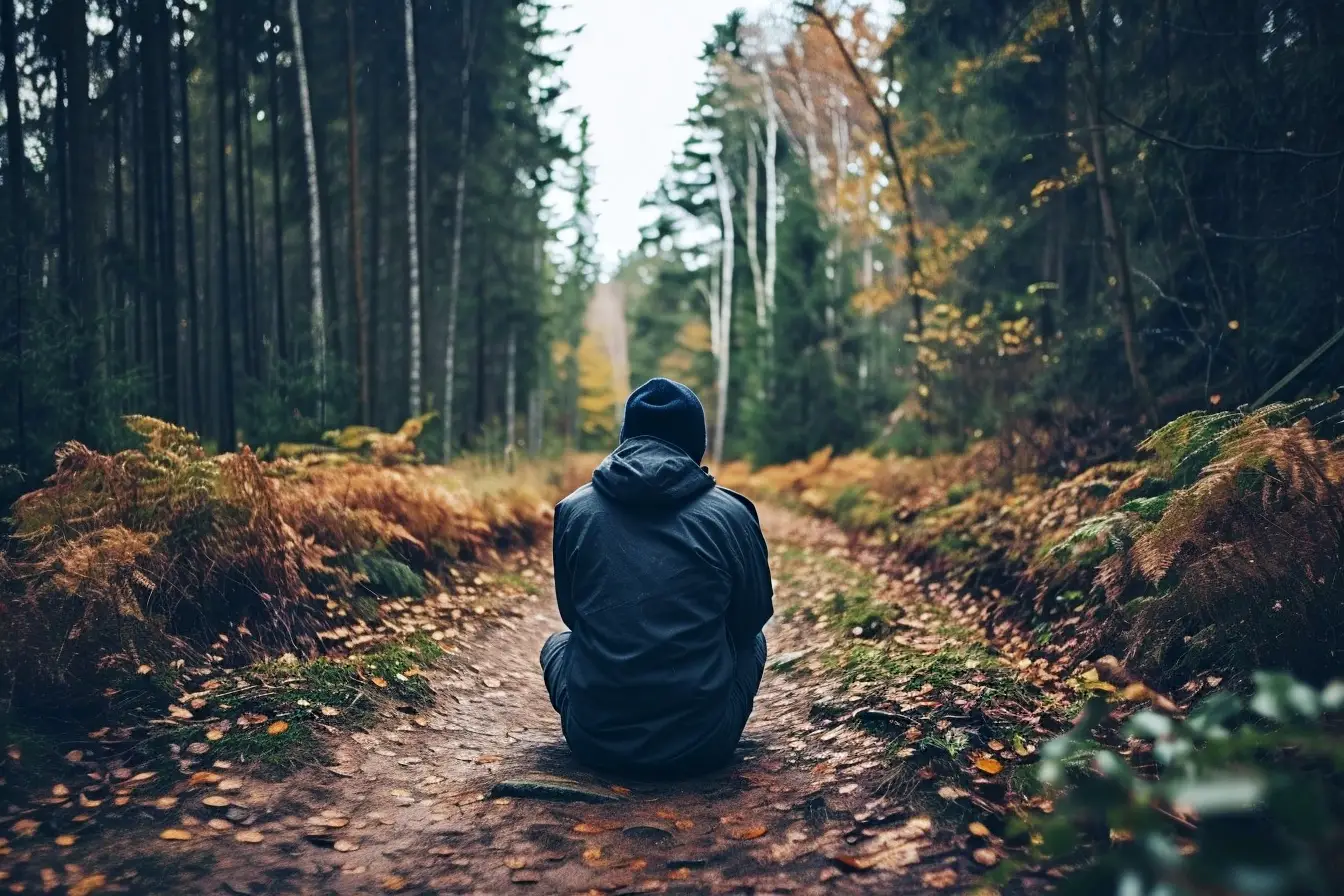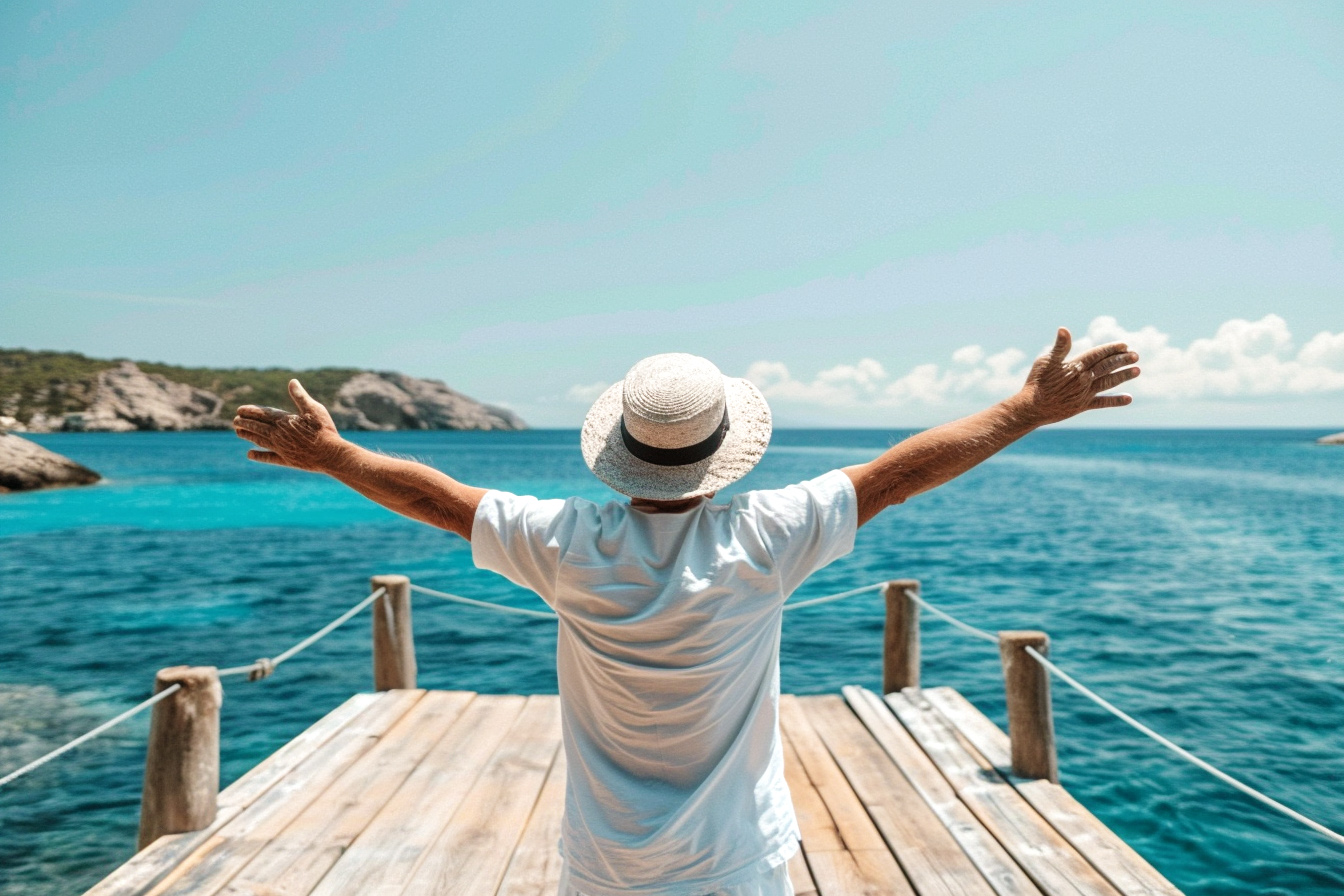Spending time alone often gets a bad rap. Images of loneliness or isolation come to mind. However, embracing solo activities has profound benefits that are backed by research. Solitary pursuits increase self-reliance, self-discovery, empowerment, and even improved relationships.
For centuries, philosophers and poets have extolled the virtues of solitude. “I never found the companion that was so companionable as solitude,” wrote Henry David Thoreau. Yet, spending intentional time alone has become almost counter-cultural in our modern hyper-connected world. With the rise of social media and nonstop digital distraction, true solitude now feels like a rare commodity. However, embracing solo activities provides a wealth of perks for personal growth, empowerment, and improved mental health.
The Importance of Independence
Cultivating self-reliance is a significant advantage of flying solo. Planning activities and accomplishing goals without a social crutch fosters confidence. Researchers have found that spending time alone increases feelings of personal autonomy and self-sufficiency. Solo time provides space to tune into your interests and passions without the influence of others. Discovering new hiking trails, learning piano, or traveling internationally solo all stretch your abilities. Pushing your independent limits forges stronger self-esteem and resilience.
A weekend camping trip with no cell service provided a revelation for Emma. She realized she could enjoy her company while navigating an unfamiliar woodland trail. The calm quiet of the solo hike left her feeling grounded and more self-assured than ever.
Self-Discovery and Reflection
Solitude also opens the door to invaluable self-reflection you cannot access in constant companionship. The absence of distraction spotlights your authentic thoughts and feelings. Creative epiphanies, solutions to long-held questions, and bursts of inspiration can unfold when you unplug. Silence has space for buried truths to surface: journaling, meditation, and even long showers or baths harness solo time for self-discovery.
Author Anthony Storr attests, “Solitude can be used creatively to gain self-knowledge.” When inbound marketing director Alexei took a solo weekend writing retreat, he gained unexpected insight into his career frustrations and found motivation to launch his long-held publishing dreams.
Empowerment and Confidence
Journeys traveled alone also build profound confidence along the way. Each novel destination navigated solo, every navigational challenge you troubleshoot independently, and each conversation with locals without a companion reinforces your capabilities. Facing unfamiliar scenarios, head-on accelerates resilience. Studies confirm introverts and solitary individuals are more confident in their judgments and opinions than extroverts. Solo time constructs opportunities for empowerment.
Over two decades ago, Angela backpacked solo through Asia, Europe, and the Middle East for three years straight. Navigating solo travel taught Angela to trust her decisions, problem-solve on the fly, and step outside her comfort zone daily. She still channels those years; she has forged an unshakeable confidence in every dimension of her life.
Freedom and Flexibility
You are additionally, flying solo gifts you greater flexibility and freedom. You call the shots when it comes to what you do and where you go without needing consensus. You can be spontaneous in changing plans. You also own your schedule and pace of activities solo, whether that means waking up at dawn or sleeping past noon, lingering for hours in a museum exhibit, or diving into thrill-seeking adventures. Alone time permits total control over your experience without compromise.
Accountant Henrik exclusively travels solo for the flexibility it allows. He creates loose itineraries, booking only his first hotel stay, remaining agile in case he wants to extend the adventures he enjoys. “Traveling solo, I follow my instincts. I’m doing what I want when I want,” he explains.
Reduced Stress and Anxiety
While initially counterintuitive, spending periods solo can decrease anxiety and stress levels. Social interactions and group activities come with pressures and social scripts to follow. Solitude lifts the veil of performance, judgment, and expectations from others. Without continual company, you redirect focus inward rather than worrying about pleasing companions or crowds. Remaining mindfully present also lowers psychological distress. One study confirmed that spending ample alone time results in a marked decrease in the stress hormone cortisol.
Kyra, an executive assistant, struggled with social anxiety for years until she pushed past her fears of eating out alone. Now, she treats herself to solo restaurant dates with a good book. The ritual recharges her mentally and alleviates any angst.
Enhanced Creativity and Productivity
Spending time solo also unlocks next-level creativity, free of interruption. The intellectual giants behind scientific and artistic innovation historically nurtured a connection to solitude—Beethoven, Da Vinci, J.K. Rowling, and Steve Jobs all leveraged alone time to spark ingenuity. Silence clears space for the brain to wander unencumbered—a mental state fertile for creative creativity and problem-solving bursts.
Journalist Maria bootstraps writer’s block by packing up her laptop in search of cafes in new neighborhoods. People-watching solo for a couple of hours breeds descriptive story ideas. The ambient noise and anonymous setting untethered her imagination.
Building Stronger Relationships
While seeming counterintuitive, nurturing a strong relationship with alone time also translates to improved bonds with others. Reflection during solo activities illuminates insights about what matters most, guiding you to invest in a compatible company. Solitude also intensifies the presence you bring to social encounters and deep discussions. Additionally, comfortable spending time alone radiates confidence that magnifies your appeal more than your desperation for companionship. Investing in independence ultimately attracts people.
An elite dating coach advises clients to embrace solo dates for the magnetic self-possession they build. “You need to fall in irrational love with your company before expecting anyone else to,” she asserts.
Overcoming the Fear of Solitude
While the perks of flying solo stack up, FOMO (fear of missing out) and other anxieties about going alone still sabotage potential. Some incorrectly tie constant companionship to happiness, and fearful solitude will make you feel isolated or bored. However, practical preparation and reframing can conquer counterproductive concepts about me-time. Start small with brief lone excursions to build confidence before graduating into lengthier solo travel and activities. Stay busy curating playlists, downloading audiobooks, or mapping sightseeing spots to prevent under stimulation. Consider journaling about past alone time that energized you as a reminder of the joys of keeping your own company. Each positive solo experience chips away at the outdated stigma about solitude equating to loneliness. Instead, a rich inner life and a sense of purpose can flourish.
Kai used to turn down exotic international travel opportunities for fear of venturing overseas solo. However, through consciously reshaping his mindset about solo travel over time, he backpacked through Colombia, Dubai, and Bali solo last year. Each location felt surreally magical without companions as a distraction.
Practical Tips for Embracing Solo Activities
The opportunities seem endless once you commit to carving out enriching alone time. Local art classes, film festivals, and lectures at the public library expand your horizons from the comfort of your hometown. Additionally, road trips, sunrise nature hikes, camping excursions, or nights solo at quirky Airbnbs give tried-and-true staycations a new dimension minus the crowds. Further afield, solo travel lets your itinerary follow your bliss without compromise—consider planting yourself beachside, tackling bucket list hikes, or a biking tour pairing scenic rural vistas with wineries along the way.
Studies confirm even those in fulfilling relationships find partners who can unintentionally blunt creativity and channel our best selves. Intentionally planning regular solo time safeguards space for vital self-connection, reflection, and impossible growth opportunities in a constant company. So don’t view solo living as a holding pattern until your next relationship. Embrace flying solo as its glorious adventure.
Key Takeaways
• Solitude fuels independence and self-reliance
• Alone time can spark powerful self-discovery via introspection
• Solo activities breed confidence by pushing your capabilities
• Scheduling activities alone means total freedom and flexibility
• Flying solo alleviates social pressures and reduces anxiety
• Silence and freedom from distractions amplify creativity
• Independence and self-care can even improve future relationships
• Reshaping outlook on solitude builds courage
• Solo travel lets you curate trips around your desires
Conclusion
Intentionally embracing alone time contradicts modern ideals of perpetual companionship. However, the benefits of solitude span from self-discovery to empowerment and speak for themselves. Flying solo constructs opportunities to know your authentic self, build boldness, and nurture creativity through freedom of space and schedule. Pushing past outdated stigmas about solitary pursuits opens access to this invaluable self-connection that overflows into every other dimension of well-being. So together or solo, commit to consistency, carving out just-for-you-time this year to grow in wholehearted independence. You’re worth it.











Leave a Reply